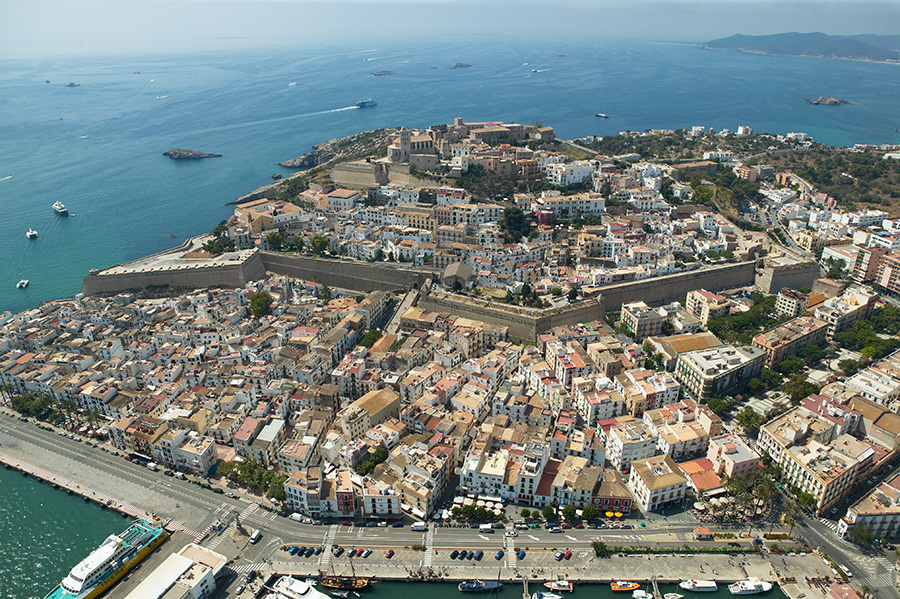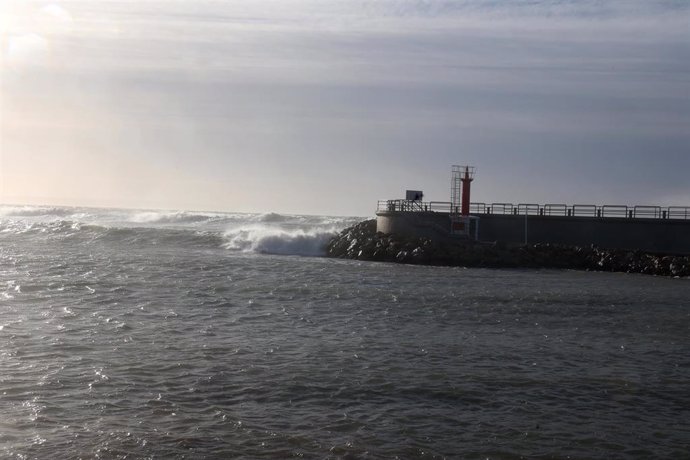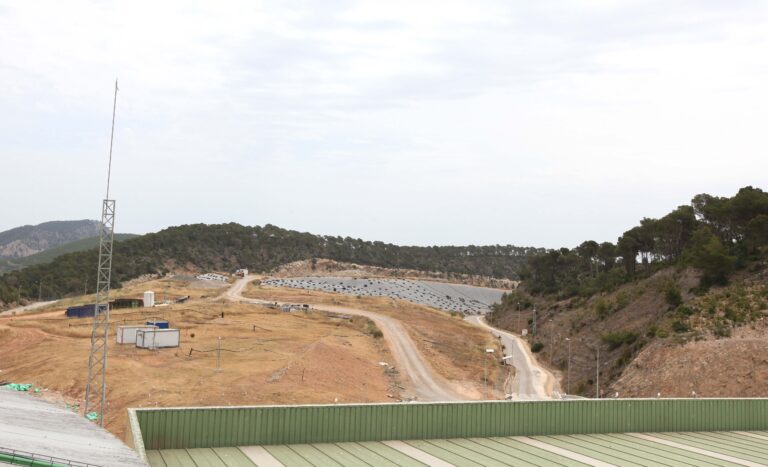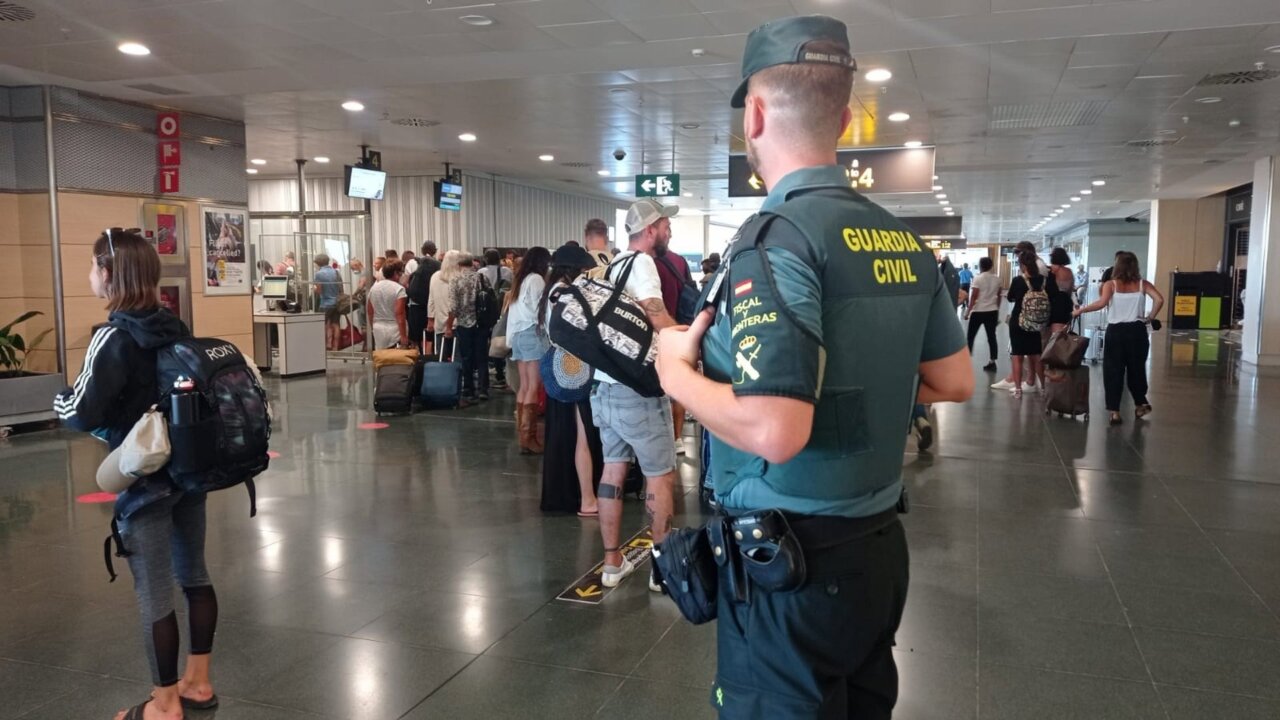The tension between the central government and the Balearic Government has added a new chapter in housing. The Executive of Pedro Sánchez has linked future state aid for the construction of real estate to the declaration of stressed areas, which would mean limiting rental prices in those areas with the greatest real estate pressure.
In this context, the Balearic Islands opposes this requirement and has presented allegations to the draft of the 2026-2030 Housing Plan, which states that the communities that refuse to apply these ceilings will receive 20% less funding.
The Minister of Housing, Isabel Rodríguez, has passed this proposal on to the regional governments, which will hold a meeting in the next few days to discuss the content of the plan.
The Govern considers that the measure violates its autonomy and competences in housing matters, as well as criticizing that it does not respect the territorial specificity of the islands.
“This model undermines the competences of the community and does not take into account the particularities of the Balearic market,” argue the regional executive in the allegations presented, as published this morning by Última Hora.
Less funds, more demands
The new state plan envisages a total investment of up to 7 billion euros for the period 2026-2030, but introduces a substantial change with respect to the current plans: the state will go from financing 70% to 60% of the total cost, while the communities will have to increase their contribution from 30% to 40%.
This adjustment, added to the penalty for not declaring stressed areas, could leave the Balearic Islands with a much lower level of financing than in previous stages.
The Government has also challenged this change, understanding that it is detrimental to communities such as the Balearic Islands, with a particularly stressed real estate market and limited availability of land.
Skyrocketing rents
Despite having one of the highest rental prices in Spain -17 euros per square meter- and housing exceeding 4,000 euros per square meter, the Balearic Islands has resisted declaring any area as stressed.
The regional government’s argument is that this measure does not guarantee an increase in supply, but could shift part of the market to seasonal rentals.
In cities such as Barcelona, where the price cap has been applied, rents have fallen by around 4%, but the available supply in the residential market has also been reduced. This collateral effect is what the Government wants to avoid, prioritizing other formulas to increase the public housing stock and control real estate pressure.
Balearic Islands and Madrid lead in housing prices
The Balearic Islands shares with Madrid the leadership in housing prices in Spain, both in the purchase and rental market. According to data from the Association of Registrars, the average mortgage in the islands currently stands at 1,408 euros per month, well above the state average, which barely exceeds 786 euros.
The Balearic Government is confident that the central government will reconsider its position and not penalize the communities that choose not to apply the figure of stressed area, especially given the lack of affordable housing and the high cost of living in island territories such as Ibiza, Mallorca and Formentera.
Continue reading:
-
End of supermarket converted into substandard housing in the heart of Ibiza: eviction ordered
-
Affordable rental housing in Santa Eulària: requirements, deadlines and project details
-
Ibiza City Council cedes two plots of land to IBAVI to build more than 200 subsidized rental homes
-
They warn that the price of housing will continue to rise in the Balearic Islands and will close the year with a sharp increase










